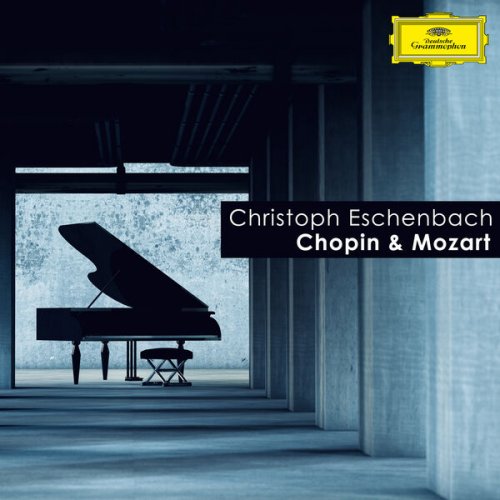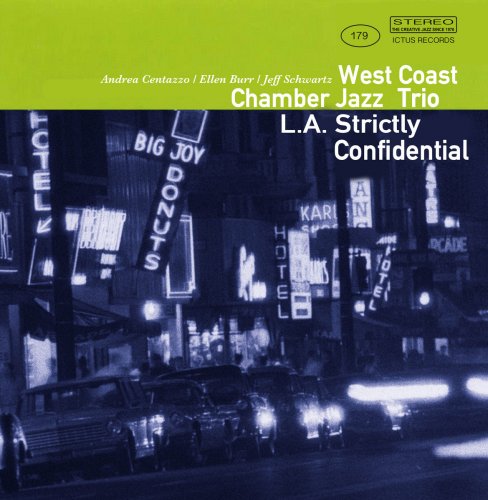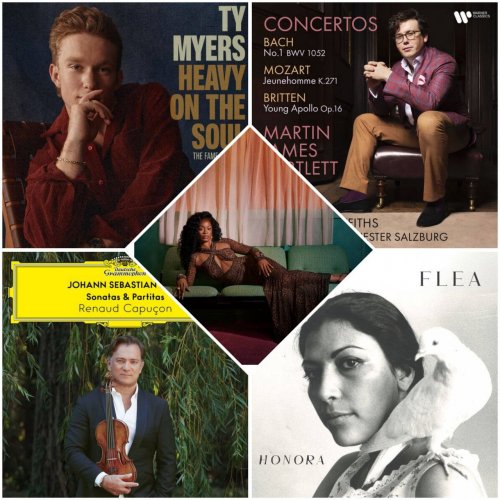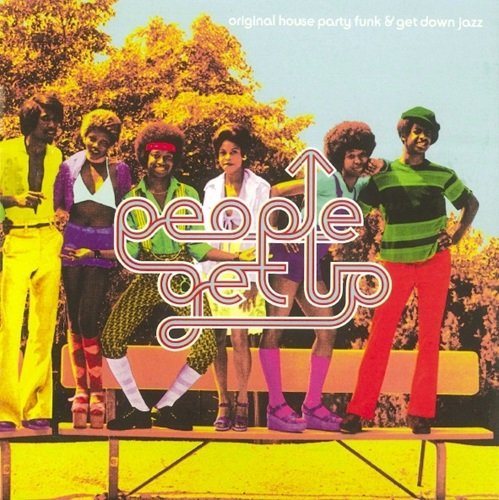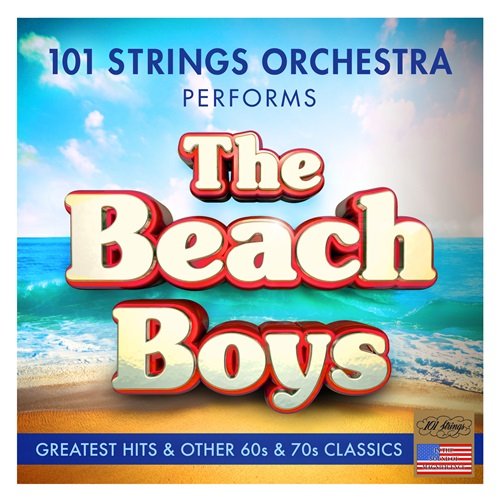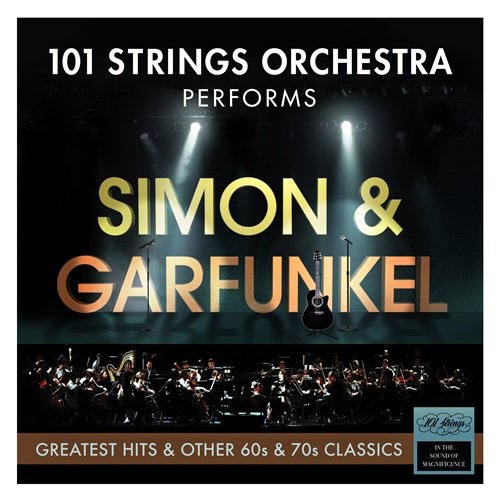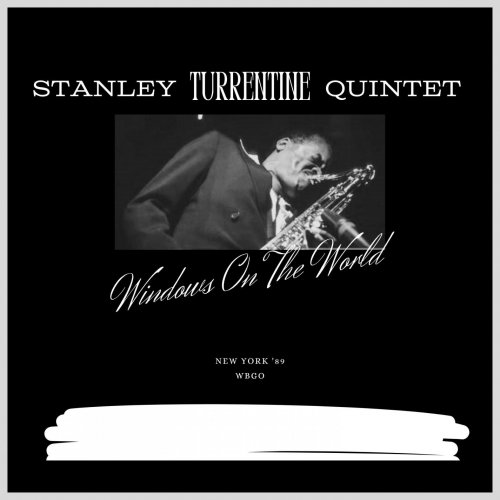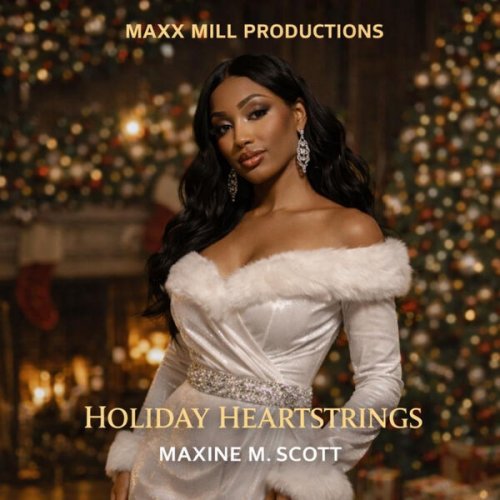Artist:
Christoph Eschenbach
Title:
Christoph Eschenbach: Chopin & Mozart
Year Of Release:
2023
Label:
UMG Recordings, Inc.
Genre:
Classical
Quality:
FLAC (tracks)
Total Time: 6:14:31
Total Size: 1.41 GB
WebSite:
Album Preview
Tracklist:01. No. 1 in C Major: Agitato
02. No. 2 in A Minor: Lento
03. No. 3 in G Major: Vivace
04. No. 4 in E Minor: Largo
05. No. 5 in D Major: Molto allegro
06. No. 6 in B Minor: Lento assai
07. No. 7 in A Major: Andantino
08. No. 8 in F-Sharp Minor: Molto agitato
09. No. 9 in E Major: Largo
10. No. 10 in C-Sharp Minor: Molto allegro
11. No. 11 in B Major: Vivace
12. No. 12 in G-Sharp Minor: Presto
13. No. 13 in F-Sharp Major: Lento
14. No. 14 in E-Flat Minor: Allegro
15. No. 15 in D-Flat Major: Sostenuto
16. No. 16 in B-Flat Minor: Presto con fuoco
17. No. 17 in A-Flat Major: Allegretto
18. No. 18 in F Minor: Molto allegro
19. No. 19 in E-Flat Major: Vivace
20. No. 20 in C Minor: Largo
21. No. 21 in B-Flat Major: Cantabile
22. No. 22 in G Minor: Molto agitato
23. No. 23 in F Major: Moderato
24. No. 24 in D Minor: Allegro appassionato
25. I. Tema (only)
26. I. Variation 1
27. I. Variation 2
28. I. Variation 3
29. I. Variation 4
30. I. Variation 5
31. I. Variation 6
32. II. Menuetto
33. III. Allegretto (Alla Turca)
34. 1. Allegro
35. 2. Menuet I-II
36. 1. Allegro
37. 2. Menuet I-II
38. Mozart: Allegro In B Flat, K. 3
39. Mozart: Minuet in F, K. 2
40. Mozart: Minuet In G, K. 1e
41. I. Allegro
42. II. Allegretto
43. 1. Allegro
44. 2. Andante
45. 3. Allegro
46. 1. Allegro moderato
47. 2. Andante cantabile
48. 3. Allegretto
49. I. Allegro
50. II. Adagio
51. 1. Allegro
52. 2. Andante cantabile
53. 3. Allegretto grazioso
54. I. Allegro
55. II. Andante cantabile
56. III. Allegretto grazioso
57. 1. Molto allegro
58. 2. Adagio
59. 3. Allegro assai
60. 1. Allegro
61. 2. Adagio
62. 3. Allegretto
63. 1. Allegro
64. 2. Adagio
65. 3. Allegretto
66. I. Allegro assai
67. II. Adagio
68. III. Presto
69. 1. Allegro
70. 2. Andante amoroso
71. 3. Rondeau (Allegro)
72. 1. Adagio
73. 2. Menuetto I-II
74. 3. Allegro
75. I. Allegro
76. II. Andante
77. III. Presto
78. I. Allegro
79. II. Rondeau en Polonaise. Andante
80. III. Tema con variazione
81. 1. Allegro con spirito
82. 2. Andante, un poco adagio
83. 3. Rondeau (Allegretto grazioso)
84. I. Allegro maestoso
85. II. Andante cantabile con espressione
86. III. Presto
87. 1. Allegro con spirito
88. 2. Andantino con espressione
89. 3. Rondeau (Allegro)
90. Andante
91. Allegro
Christoph Eschenbach overcame the most difficult of circumstances to become one of the finest pianists and conductors of the 20th and early 21st centuries. He has performed throughout the world, recorded dozens of albums, and has won several awards and prizes. Since 2017, Eschenbach has served as the chief conductor of the Konzerthausorchester Berlin. In 2022, he led the WDR Symphony Orchestra in backing soprano Hanna-Elisabeth Müller on the album Sinnbild: Strauss Songs.
Eschenbach was born Christoph Ringmann on February 20, 1940, in Breslau, Germany. He was orphaned at a young age: his mother died in childbirth, and his father, musicologist Heribert Ringmann, was killed in battle during World War II. His adoptive grandmother was then killed while trying to extract him and herself from the path of the Allied armies. Fortunately, his mother's cousin, Wallydore Eschenbach, tracked him down after the war and adopted him from the refugee camp that would likely have claimed his life. It is from her side of the family that he eventually took his better-known surname. Eschenbach began studying piano at the age of eight, taught by his adoptive mother. She quickly realized his talents and enrolled him in the Hamburg Hochschule für Musik, where he studied both piano and conducting. He won first prize in the 1952 Steinway Piano Competition, and in 1962 he took second prize in the Munich International Competition. However, it was with his first prize at the Clara Haskil Competition in Vevey, Switzerland, in 1965 that he finally made his mark. This new acknowledgment led to a London concert debut in 1966 and a prestigious debut with the Cleveland Orchestra and George Szell in 1969. Szell was impressed with his musicianship and gave him lessons in conducting, starting a close relationship that lasted until Szell's death in 1970. Eschenbach was soon essaying a wide repertory in concert tours throughout Europe and America. Notable in his programs were a large number of works from 20th century composers such as Bartók, Henze, Rihm, and Ruzicka. However, his performances of Mozart, Beethoven, and Schubert were considered revelatory.
Eschenbach made his conducting debut in 1972 with a performance of Bruckner's Symphony No. 3, soon followed by Verdi's La Traviata at Darmstadt in 1978. In 1979, he was named general music director of the Rheinland-Pfalz State Philharmonic (through 1981). He was the permanent guest conductor, then chief conductor, of the Zürich Tonhalle Orchestra (1971-1985). In 1988, he began a significant and productive association as music director of the Houston Symphony Orchestra, where he remained until 1999. Although the orchestra was already established as one of America's finer major symphonies, Eschenbach improved its standards, heightened its international reputation, and broadened its repertory. He also formed the Houston Symphony Chamber Players from its ranks. Eschenbach conducted the Houston Symphony in recordings on the Koch International, Virgin, and RCA Red Seal labels, among others. These included standard fare such as some highly regarded Brahms and Tchaikovsky recordings and all of the major Mozart wind concertos. He and the Houston Symphony also recorded Kurt Weill's The Rise and Fall of the City Mahagonny Suite, Tobias Picker's The Encantadas, and the violin concertos of John Adams and Philip Glass.
Eschenbach was the co-artistic director of the Pacific Music Festival, along with Michael Tilson Thomas (1991-1998), and the artistic director of the Schleswig-Holstein Festival (1999-2003). He has served as the music director for the Ravinia Festival, the summer outdoor season of the Chicago Symphony Orchestra (1994-2005), Orchestre de Paris (2000-2010), the Philadelphia Orchestra (2003-2008), and the National Symphony Orchestra (2010-2017). He was also the principal conductor of the North German Radio Symphony Orchestra of Hamburg (1998-2004). In 2017, Eschenbach was named the chief conductor of the Konzerthausorchester Berlin; after a contract extension, he was expected to conclude his tenure there following the 2022-2023 season.
Eschenbach has recorded for many major labels, including Deutsche Grammophon, EMI, and Ondine. Highlights of his recording output include Elgar & Schnittke: Viola Concertos (2009), The Best of Lang Lang (2010), and Remembering JFK - 50th Anniversary Concert (2011). In 2019, he conducted the Konzerthausorchester Berlin with Cameron Carpenter on a Sony Classical album of music by Rachmaninoff and Poulenc. Leading the WDR Symphony Orchestra, Eschenbach backed soprano Hanna-Elisabeth Müller on the album Sinnbild: Strauss Songs. © TiVo Staff
